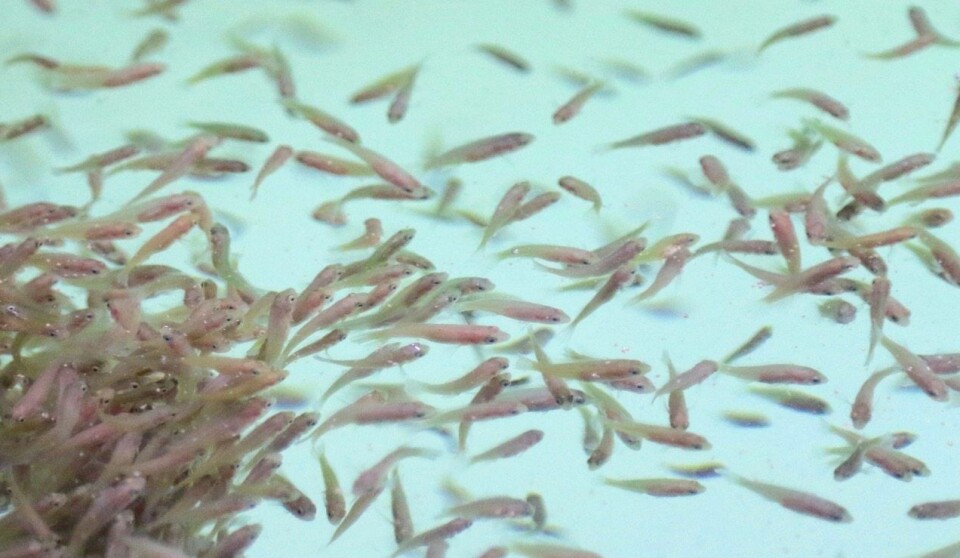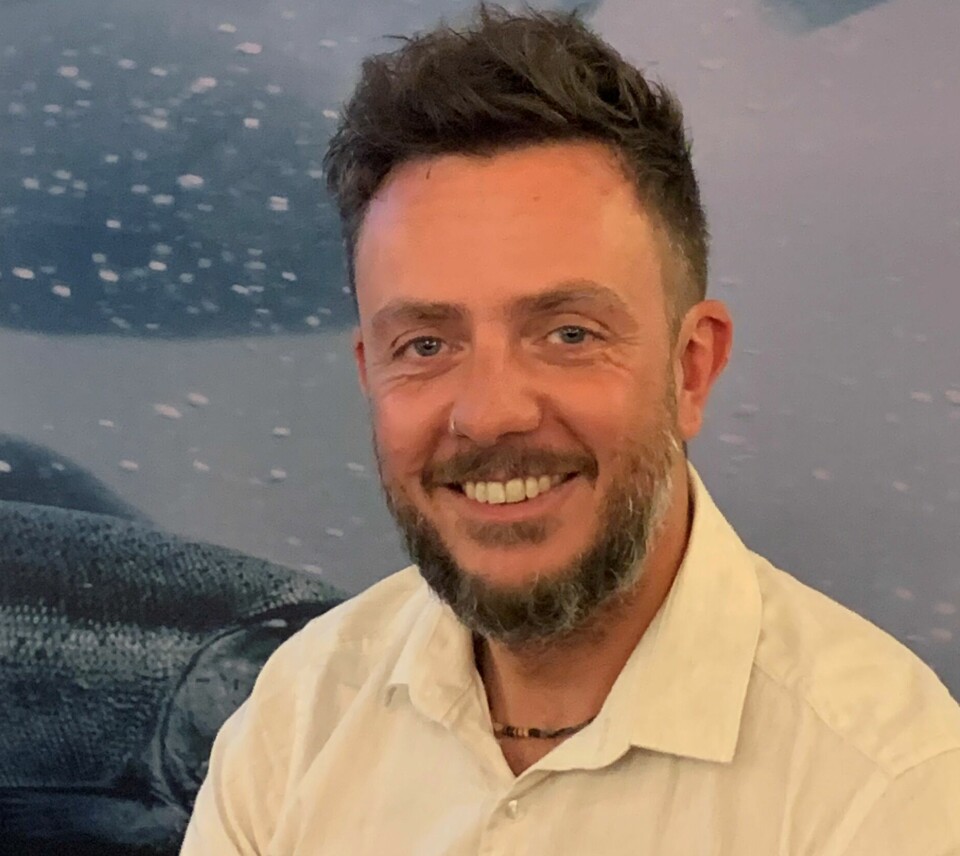
Focus on feed to improve survival of juvenile wrasse
Project looks at bridging difficult gap between live and formulated diets for cleaner fish
The use of functional feeds to limit mortality rates of juvenile farmed ballan wrasse, which are used as cleaner fish in salmon farming, is to be investigated.
The project led by Nottinghamshire feed additives manufacturer Anpario Ltd will assess the effect of functional feed ingredients on the performance, immune system and microbiome of juvenile wrasse and look to demonstrate that the use of such ingredients can limit mortality rates during wrasse production.
It is one of four aquaculture projects being supported by the UK government-backed Centre for Innovation Excellence in Livestock (CIEL), which works in partnership with many of the UK’s leading livestock research institutions and a network of industry members.
CIEL said that cleaner fish, such as ballan wrasse, have
been used increasingly as an eco-friendly tool for managing sea lice that parasitise
farmed salmon. There have been huge improvements in clean fish husbandry but
ballan wrasse biology means they often have difficulty in nutrient absorption
from traditional feeds.
Moving from live feeds to formulated feeds in early life stages is particularly challenging, and that is a problem that may be solved with functional feeds.
Seaweed for hens
Another aquaculture project supported by CIEL will look at growing seaweed and the palatability of high protein seaweeds with egg laying hens.
The project will test the first prototype of a unique cultivation system using two different high protein species of seaweeds.

Nutrient analysis of the content of the seaweeds will be undertaken by the University of Stirling and prepared dried seaweeds fed to a number of egg laying hens to test their response to the addition of seaweeds in their diet. The outcomes from the feed trials will be prepared for public dissemination.
A third project will carry out a life cycle analysis (LCA) of a planned UK on-land warm water prawn farm. Land Ocean Farm is working with agritech innovation incubator Farm491, based at the Royal Agricultural University in Cirencester, Gloucestershire.
The company is focused on sustainability, and the LCA will identify likely impacts.
Land Ocean Farm will not be the first company to attempt to farm shrimp in the UK. Great British Prawns Ltd established a facility near Stirling but entered administration in 2021.
Basa's carbon footprint
The fourth project is led by food processing and packing company Hilton Foods, and will evaluate greenhouse gas (GHG) emissions from Vietnamese fish farms producing pangasius (basa) for consumption in the UK.
CIEL said Basa is the third most consumed fish in the UK and there is a lack of scientific reports in this area. The project will contribute significantly to the knowledge of this topic.
Working with the University of Stirling, the project will record emissions from pangasius ponds directly at farms in Vietnam as well as gathering qualitative data on farm practices (feed inputs, water exchanges, sediment management etc).
All four projects are due to be completed this year.
Seed projects
“CIEL works collaboratively across the agrifood sector, encouraging knowledge exchange while utilising the academic expertise that underpins the Centre’s network,” said Martin Sutcliffe, CIEL’s aquaculture specialist.
“These are ‘seed’ projects designed to be developed further in the future, helping to drive the industry forward.”
CIEL chief executive Lyndsay Chapman said: “From exploring the viability of high protein seaweeds in a cost-effective way, to assessing the effect of functional feed ingredients on salmon performance, these innovative projects cover areas identified as critical to help drive a sustainable and productive future for the sector.
“Agriculture and aquaculture face many similar challenges that require world-leading science-based solutions and innovative technologies and systems. This must be embraced if we are to capitalise on the opportunities that lay ahead.”























































